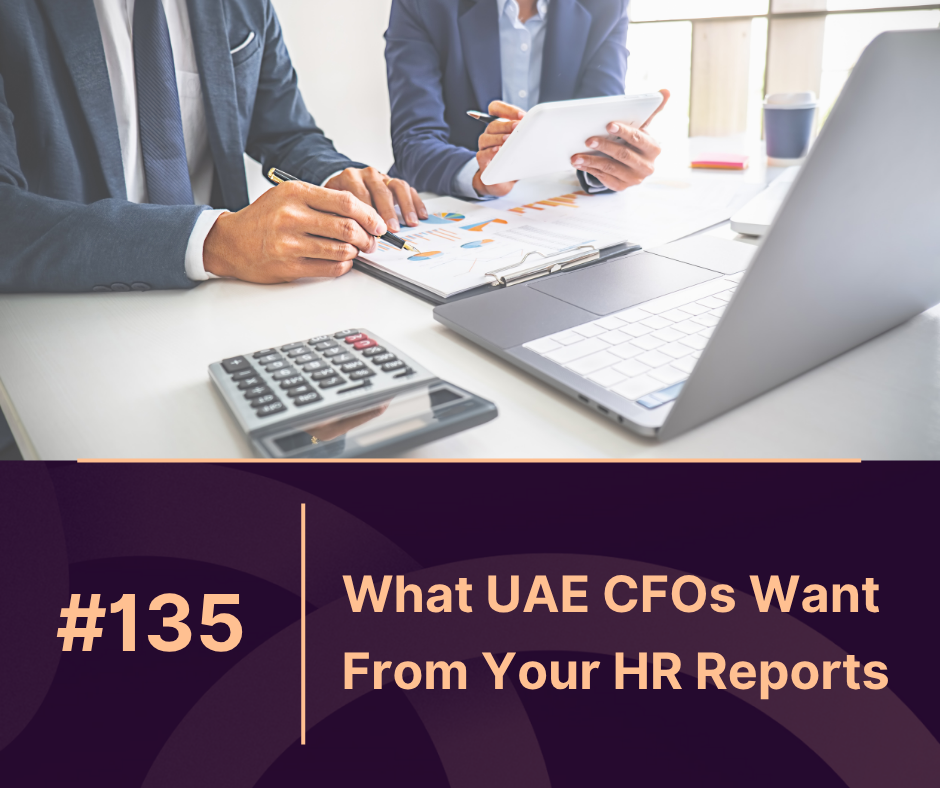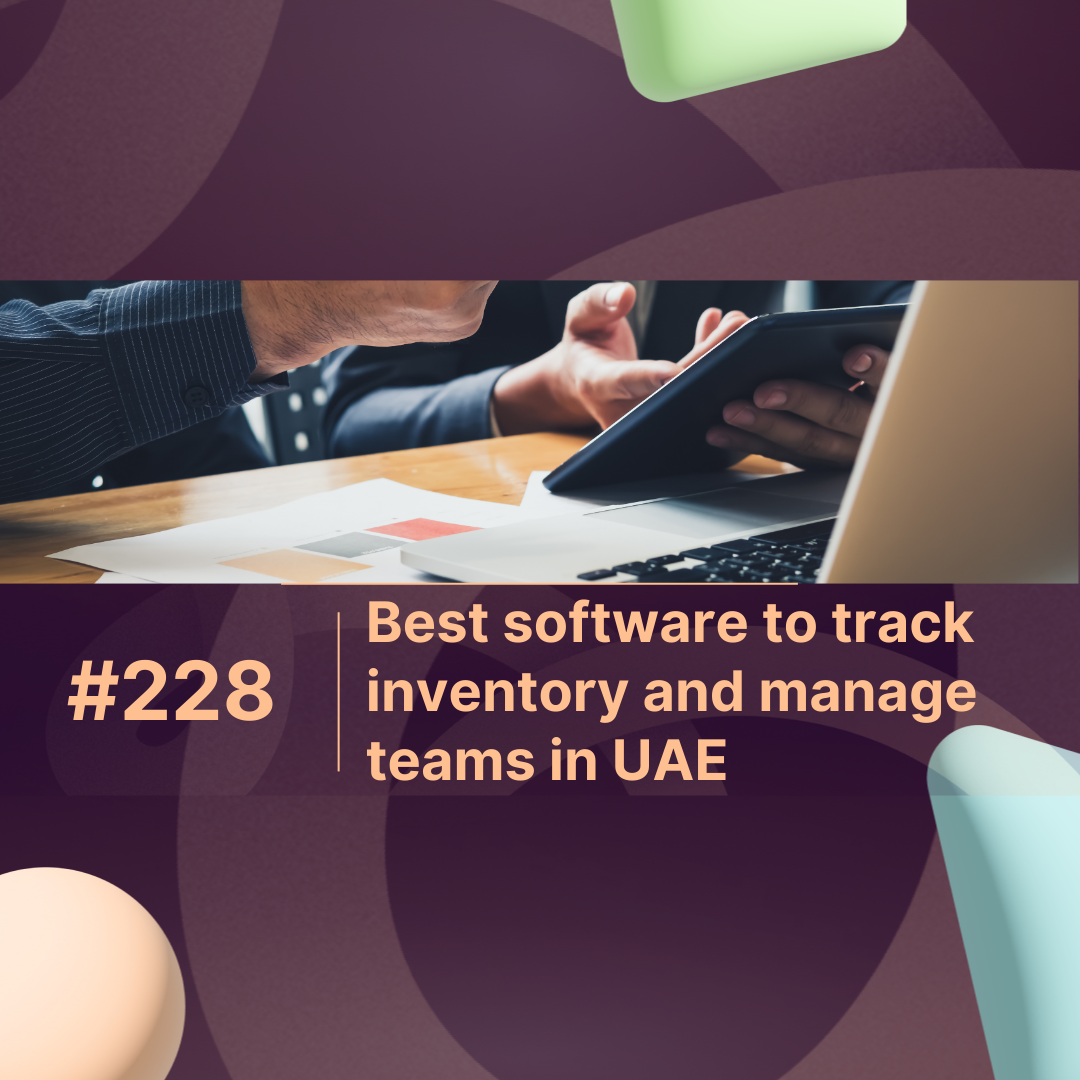Overview
As the business landscape in the UAE evolves rapidly, Chief Financial Officers (CFOs) are demanding more value-driven insights from Human Resource (HR) reports. In 2025, UAE CFOs aren’t just looking at headcounts or attrition—they want strategic data that ties talent metrics to financial performance. This blog explores the key expectations of UAE CFOs, actionable reporting best practices, and data formats that drive executive decisions.
Why UAE CFOs Care More About HR Data in 2025
UAE CFOs have become pivotal in shaping enterprise-wide strategy. With the rise of AI, ESG compliance, and hybrid workforces, HR data now directly impacts forecasting and risk management. According to PwC Middle East, 83% of CFOs now consider workforce analytics essential for cost optimization and strategic planning.
Here’s what today’s finance leaders expect from HR teams:
-
Business impact, not just HR KPIs
-
Predictive workforce trends
-
Clear ROI from talent initiatives
-
Aligned ESG and DEI metrics
-
Audit-ready reporting formats
Key Metrics UAE CFOs Expect in Modern HR Reports
CFOs are shifting from backward-looking metrics to forward-focused analytics. Below is a table summarizing what they now prioritize:
| Metric Type | Why It Matters | Example |
|---|---|---|
| Talent ROI | Links payroll spend to profit contribution | Revenue per employee |
| Attrition Forecasting | Helps budget for replacements & productivity loss | 12-month exit probability per team |
| DEI Benchmarking | Supports ESG transparency for investors | % of leadership from underrepresented groups |
| Payroll Cost Trends | Controls total workforce expenses | YoY payroll as % of OPEX |
| Productivity per FTE | Measures output efficiency | Sales or output per full-time head |
Smart HR systems like those offered by firms such as MaxHR help generate such advanced analytics effortlessly.
5 Ways to Make Your HR Reports CFO-Friendly
To meet the expectations of UAE CFOs, HR leaders should follow these best practices:
1. Tie Metrics to Financial Outcomes
Example: Show how a leadership training program reduced turnover, saving AED 1.2M in rehiring costs.
2. Use Visual Dashboards
Interactive dashboards (e.g., Tableau, Power BI) offer CFOs clarity and drill-down capabilities—much preferred over static PDFs.
3. Offer Predictive Insights
Use AI-enabled tools to forecast hiring bottlenecks or turnover spikes.
4. Standardize ESG & Compliance Reporting
Ensure alignment with UAE sustainability goals and international frameworks like GRI or SASB.
5. Deliver Insights Quarterly (Not Annually)
CFOs need agile updates. Monthly summaries plus quarterly deep-dives outperform annual static reports.
HR Tech Tools Gaining Popularity in the UAE
According to a 2025 Gartner UAE report, over 70% of large enterprises in the Emirates have adopted at least one of the following tools for HR-finance integration:
| Tool | Primary Use |
|---|---|
| Workday | HR and financial planning |
| MaxHR | UAE-compliant workforce analytics |
| Oracle HCM Cloud | Payroll + performance tracking |
| SAP SuccessFactors | Talent pipeline visibility |
The shift toward integrated platforms shows UAE CFOs value real-time, accurate, and scenario-based insights.
Conclusion
HR data is no longer just for HR. In 2025, UAE CFOs expect forward-looking, financially aligned, and compliance-ready insights from your HR reports. To stay relevant, HR leaders must think like analysts, speak the language of finance, and adopt tools that bridge operational and strategic gaps.
By leveraging platforms like MaxHR and incorporating predictive metrics, you can turn your HR reports into a strategic asset that earns the CFO’s trust.
FAQs
What KPIs do UAE CFOs prioritize most in HR reports?
They value metrics tied to financial performance, such as payroll-to-revenue ratios, revenue per employee, and turnover costs.
How often should HR reports be shared with CFOs?
Ideally, summary insights should be shared monthly, with full strategic reports delivered quarterly.
Which HR tools are most used by UAE enterprises?
Workday, Oracle HCM, MaxHR, and SAP SuccessFactors are popular for their integration with finance modules.
Do UAE CFOs care about DEI and ESG in HR reports?
Yes. ESG reporting has become essential due to regulatory pressure and stakeholder expectations.
How can AI improve HR reports for CFOs?
AI helps predict attrition, optimize headcount planning, and improve workforce budgeting accuracy—crucial for strategic decision-making.



